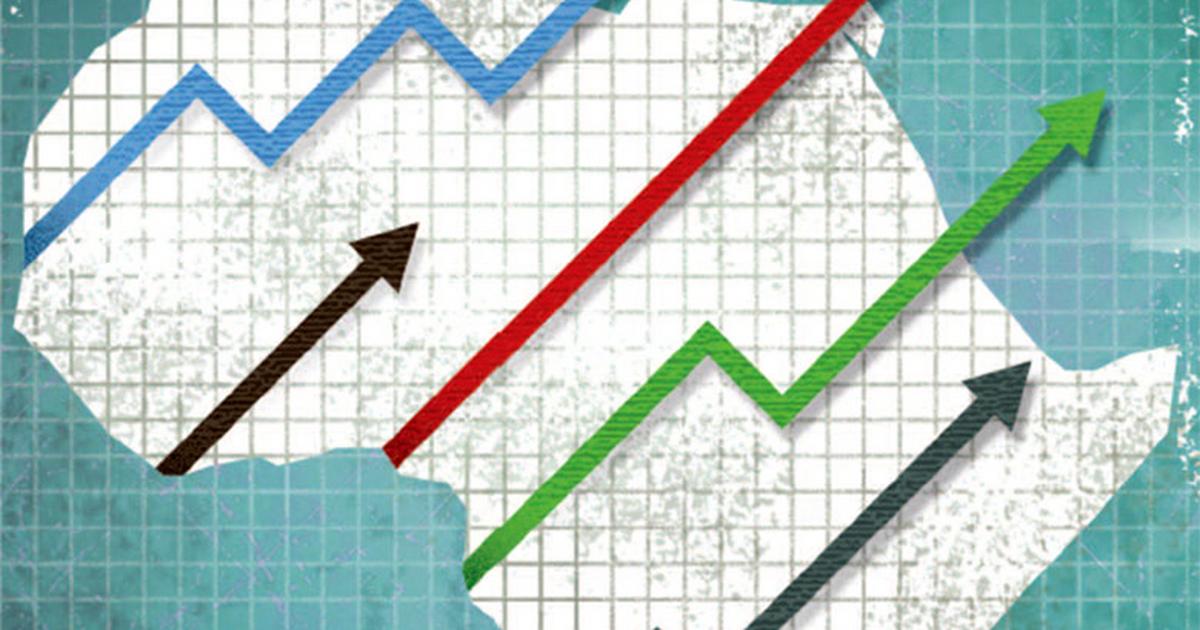Rising costs of goods and services are a longstanding and widespread issue across economies worldwide, and Africa is no exception. In recent years, African countries have been dealing with inflation in various ways, each influenced by internal and external factors.
For instance, agricultural-dependent economies are susceptible to climate conditions and global market prices. Similarly, nations relying heavily on oil exports often face inflationary pressures when international oil prices surge.
So, it’s not just about what’s happening inside a country; it’s also about the twists and turns of the global market that keep inflation knocking on the door.
The depreciation of local currencies against major international currencies like the dollar has also exacerbated inflation in many African economies, regardless of their economic size.
Turns out, having large economies doesn’t necessarily translate to lower inflation rates, and vice versa. So, when it comes to inflation in Africa, it’s a wild ride influenced by a mix of these factors, and it’s anything but a straightforward equation.
Below are the 10 largest economies in Africa and their inflation rates:
Rank
Country
GDP
Inflation
1
Nigeria
$477 Billion
28.2%
2
Egypt
$477 Billion
34.6%
3
South Africa
$406 Billion
5.5%
4
Algeria
$192 Billion
8.2%
5
Morocco
$134 Billion
4.3%
6
Ethiopia
$127 Billion
28.3%
7
Kenya
$113 Billion
6.8%
8
Angola
$107 Billion
18.19%
9
Tanzania
$75.71 Billion
3.2%
10
Ghana
$72.84 Billion
26.4%




